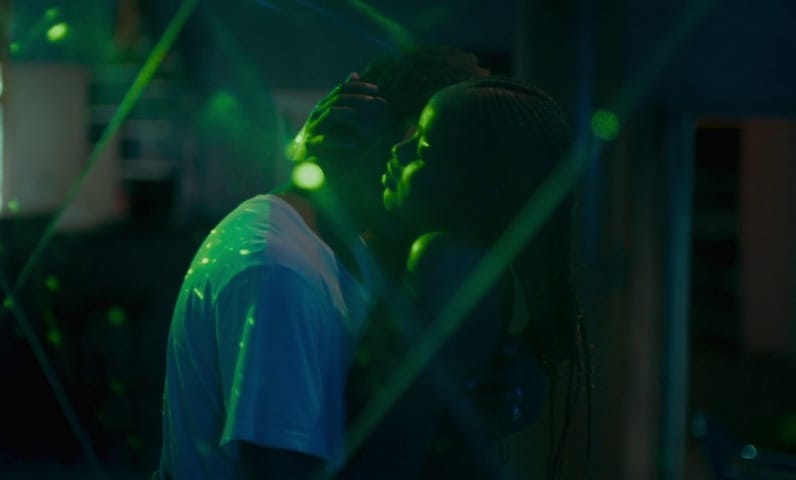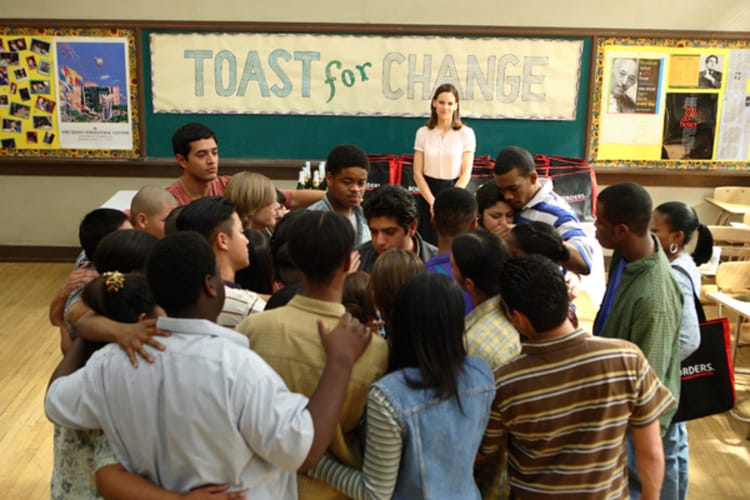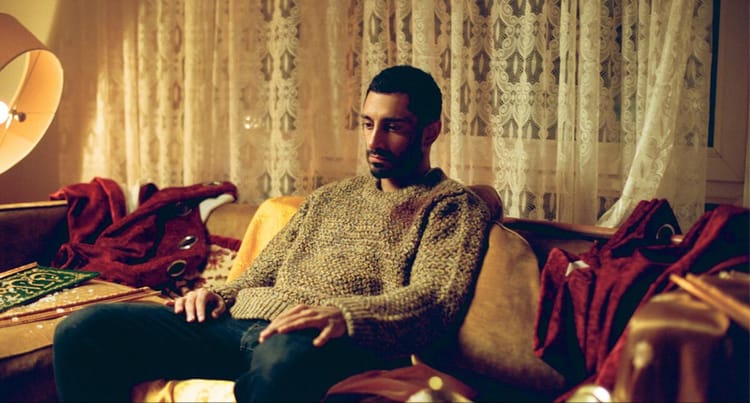Week 3: An African movie

Film: Atlantics (2019)
Genre: Romance
Watched on: Netflix
Atlantics is a beautiful film, but it’s also one that requires patience. I can see this film playing at a contemporary art museum to depict the exploitation of blue-collar workers, the desperation to leave one’s country in search of better opportunities, and the loved ones they leave behind.
Set in Dakar, a group of construction workers who have worked tirelessly on a futuristic tower are denied their pay. Together, they decide to leave the country for Europe by boat in the hopes of a better future. We follow Ada, the girlfriend of Souleiman, one of the construction workers, who decides to set out to sea. Although her heart belongs to Souleiman, she is set to marry a rich man arranged by her family. Under extraordinary circumstances, Ada and Souleiman reunite.
I enjoyed the magical realism aspect that added intrigue to the story. The blending of social realism and supernatural occurrences was a great way to explore themes of love, grief, and the realities of migration. While I appreciate the social and political commentary of the film, my attention span was challenged when watching it. It’s beautifully shot, don’t get me wrong, but there would be long scenes of stillness, which I’m still building up the tolerance for.
Coincidentally, a TikTok on the political act of slowness in films popped up on my FYP recently. The creator, Kelly Anne, discusses the journal article, Wastrels of Time: Slow Cinema’s Laboring Body, the Political Spectator, and the Queer by Karl Schoonover.
When we think of mainstream Hollywood movies, they tend to be fast-paced and action-packed. There won’t be long scenes of a cow grazing grass or the main character staring longingly out the train window for 5 minutes. Kelly Anne states that slowness in a film is a disruption of the status quo because meandering doesn’t serve a purpose.
To quote the journal article, “To look longer than expected…disturbs established orders of every kind, to the extent that normally the time of the look is controlled by society; hence the scandalous nature of certain photographs and certain films, not the most indecent or the most com-bative, but just the most ‘posed’”.
Kelly Anne goes on to elaborate that slowness in a film is a politically subversive act due to the dominant order’s desire to control our attention for its purposes, “Slowness can be a champion of otherness, queerness because it departs from the hegemonic norm. So when we decide to view slowness as a meaningful exploration of the other, we start to reconfigure what productivity and useful labor mean.”
This resonated with me deeply in my exploration of what rest means to me. We are trained to function at maximum capacity: wake up, hustle, grind, sleep, repeat. There isn’t time in our day to look up at the clouds, savor every bite of our food distraction-free, or walk with no destination in mind. There isn’t even time to think and just be. The wheel keeps turning until we get burnt out, and we blame ourselves for being tired when we're trapped in this system.
I know slow movies tend to get a bad rep, because we may feel like we’re wasting time. However, this argument has shifted my perspective that perhaps the purpose of slowness is to bear witness to life in ways we may not have considered.
Perhaps I’ll encounter another slow movie during this challenge. I would like to see how my opinion may shift when that happens. As for Atlantics, I gave it 3 stars.




